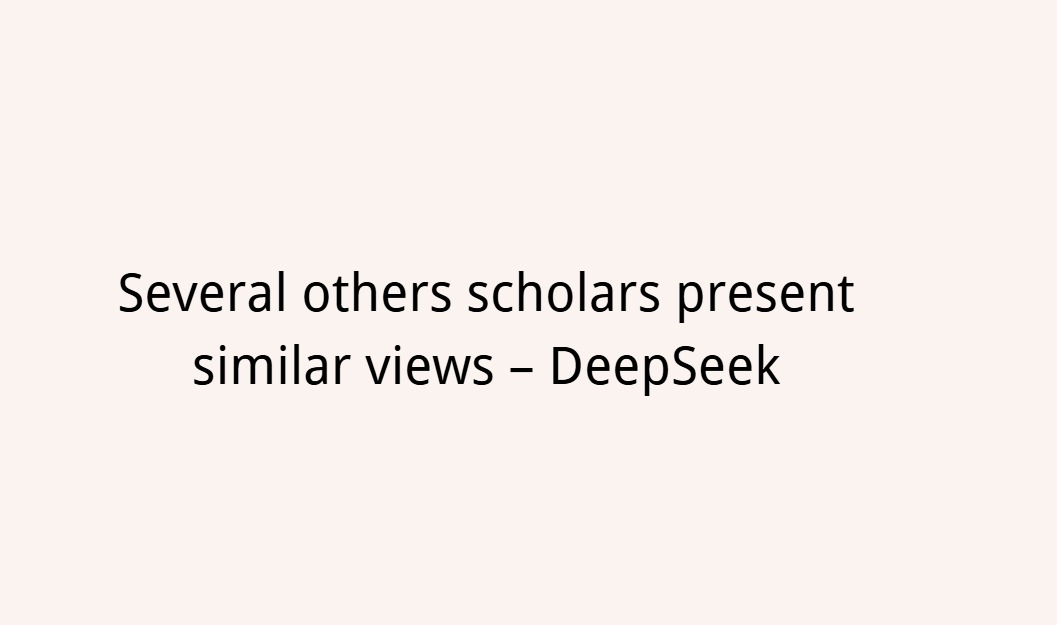Several scholars—both within Eastern Orthodoxy and beyond—engage with themes resonant with **John Zizioulas’s relational ontology** (*Being as Communion*), though often with distinct emphases or critical nuances. Here are key figures and their contributions:
—
### **1. Within Eastern Orthodoxy:**
#### **a) Vladimir Lossky (1903–1958)**
– **Work:** *The Mystical Theology of the Eastern Church* (1944)
– **Key Similarities:**
– **Personhood over Essence:** Prioritizes *hypostasis* (person) over *ousia* (essence) in Trinitarian theology.
– **Apophatic Approach:** Stresses God’s unknowable essence but knowable through His energies (*perichoresis*).
– **Ecclesial Personhood:** Salvation as deification (*theosis*) through participation in Christ’s Body.
– **Difference:** Less focused on *communion as the ground of being*; more emphasis on apophaticism and mystical union.
#### **b) Dumitru Stăniloae (1903–1993)**
– **Work:** *The Experience of God* (6 vols., 1978–1991)
– **Key Similarities:**
– **Trinitarian Communion:** Creation reflects the Trinity’s relational love.
– **Cosmic Sacramentality:** World as a “gift” sustained by divine energies.
– **Christocentric Anthropology:** Humans attain personhood through Christ.
– **Difference:** Integrates modern science and cosmic redemption; less polemical about Western thought.
#### **c) Christos Yannaras (b. 1935)**
– **Work:** *Person and Eros* (1970), *The Freedom of Morality* (1970)
– **Key Similarities:**
– **Critique of Individualism:** Rejects Western “ontological individualism.”
– **Personhood as Relational:** True existence arises from *eros* (love-directed freedom).
– **Ecclesial Existence:** Church as the space for authentic personhood.
– **Difference:** More philosophical (influenced by Heidegger), focuses on *existential freedom* vs. Zizioulas’s sacramental ontology.
#### **d) Sergei Bulgakov (1871–1944)**
– **Work:** *The Bride of the Lamb* (1945), *The Comforter* (1936)
– **Key Similarities:**
– **Sophiology:** Creation as an expression of divine Wisdom (*Sophia*), implying relationality.
– **Trinitarian Communion:** Church as an icon of Trinitarian love.
– **Difference:** Controversial sophiology; Zizioulas avoids his metaphysical framework.
—
### **2. Ecumenical/Catholic Scholars:**
#### **a) Catherine Mowry LaCugna (1952–1997)**
– **Work:** *God For Us: The Trinity and Christian Life* (1991)
– **Key Similarities:**
– **Practical Trinity:** The Trinity is not a metaphysical puzzle but a model for human relationality.
– **Communion as Ethics:** Trinity inspires egalitarian, self-giving relationships.
– **Difference:** Engages Western theology (Rahner, Barth); less focused on ecclesiology.
#### **b) David Bentley Hart (b. 1965)**
– **Work:** *The Beauty of the Infinite* (2003)
– **Key Similarities:**
– **Being as Gift:** Creation reflects God’s gratuitous love.
– **Anti-Nihilism:** Relational ontology counters postmodern despair.
– **Difference:** More philosophical (critiques Nietzsche, Derrida); less explicitly ecclesial.
#### **c) Jürgen Moltmann (b. 1926)**
– **Work:** *The Trinity and the Kingdom* (1980)
– **Key Similarities:**
– **Social Trinity:** God as a community of mutual self-giving.
– **Political Ecclesiology:** Church as a counter-model to oppressive structures.
– **Difference:** Rooted in Reformed theology; prioritizes liberation themes.
—
### **3. Critical Engagements & Nuances:**
– **Elizabeth Theokritoff (Orthodox):**
Critiques Zizioulas’s neglect of **ecology** (*Living in God’s Creation*, 2009), arguing relational ontology must include creation.
– **John Milbank (Anglican):**
**Radical Orthodoxy** movement (*Theology and Social Theory*, 1990) echoes Zizioulas’s critique of secularism but roots ontology in participation (*methexis*) more than personhood.
– **Metropolitan John (Zizioulas) of Pergamon:**
His own later work (*Communion and Otherness*, 2006) clarifies that personhood requires *otherness-in-communion*, addressing critiques of collapsing individuality.
—
### **Why Zizioulas Stands Out:**
While these scholars overlap on **relationality**, **personhood**, and **Trinitarian communion**, Zizioulas uniquely:
1. **Grounds ontology in baptismal/eucharistic ecclesiology**,
2. **Explicitly makes *koinonia* (communion) the foundation of being**,
3. **Directly challenges Aristotle’s substance-metaphysics**.
His synthesis of patristic theology with existential questions about freedom and personhood remains unparalleled in contemporary Orthodox thought. For deeper exploration, **Yannaras** and **Stăniloae** offer the closest Orthodox parallels, while **LaCugna** and **Moltmann** bridge ecumenical horizons.




